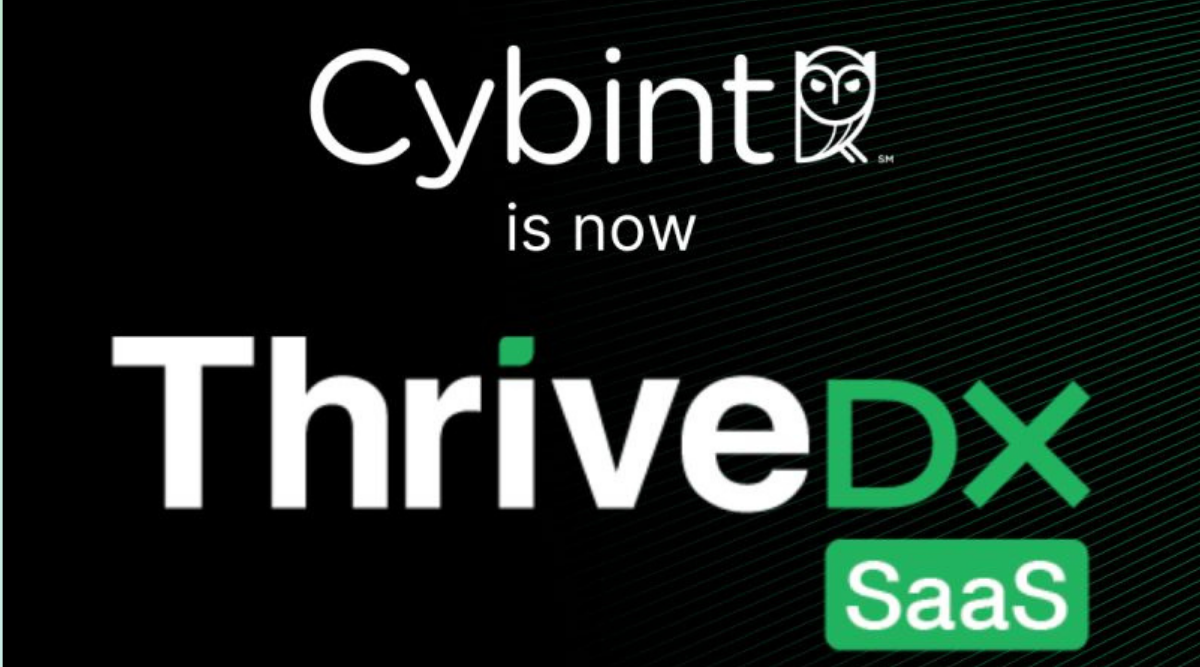Cyber Monday, the sales bonanza when millions of shoppers scour the internet for deals and discounts, is inching closer and closer.
Many shoppers will make their purchases by logging into online accounts with high-street retailers – accounts which contain sensitive details including credit card numbers, addresses and phone numbers and are often created in haste to bag the latest online deal. Even on legitimate websites, poor security practices can land you in trouble. Here are some simple tips to keep you safe when shopping online this holiday season:
1. Never use a password more than once
Many of us are guilty of having had the same password for every account for years and, even worse than that, the most common 25 passwords include “123456”, “password”, and “abc123”. The best way to keep your online accounts – from your internet banking to social media – secure is to never use the same password more than once.
Once you’ve set up a secure set of account logins make sure you don’t share your passwords with anyone.
2. Check if you’ve already been hacked
If you’re worried that you might have been hacked or had any of your personal details compromised, it would be wise to change your usernames and passwords immediately. Before coming up with a string of new keys, though, you can use a service such as have i been pwned to find out if you have an account that has been compromised in a data breach.
Enter an email address or username into the search bar and it will tell you if you’ve been a victim.
3. Update with the latest patches
Downloading software updates as and when they’re available is a good way to protect yourself. Software updates for computers, phones, tablets, and other devices generally include improved security settings and patches that fix vulnerabilities. This is also true of updates to any apps or programs that you have installed on those devices.
To make sure you receive the updates as soon as they’re available you can enable automatic updates on your devices, often by looking in Settings.
4. Check before you download
Before downloading apps onto your phone or software on your computer do some research – check what it’s asking for access to (look for apps permissions in Settings), check an app’s rating in the iOS or Google Play story, read reviews online, and make sure you’re downloading the official version.
5. Use the latest anti-virus software
If you use a Windows computer you should protect it using anti-virus software, such as AVG or Sophos. Make sure you regularly install the updates and scan for malware.
6. Look for the padlock
When using secure online services, such as email, online shopping or banking, and social media, always check there is a padlock symbol in front of the URL, and that the web address begins “https://” before you log in or register. Websites must pass certain security tests to be accredited with the padlock, and the ‘s’ stands for ‘secure’.
7. Watch what Wi-Fi you connect to
Make sure your home WiFi is protected with a strong password that only you and your family know. When out and about never use a hotspot that may be unsecured, especially when what you’re doing is personal or private.
8. Keep your settings private
Check the privacy settings on all of your social media accounts so that only the people you want to share your information with can see it. You can restrict what others see about you in the Setting sections of your account.
For example, you can make your posts private on Facebook, and restrict what Google can know about you. Use a site like Ghostery to find out what websites are tracking you and easily block them.
9. Beware of public mobile charging points
It’s possible to hack into a smartphone that is charging via USB in a public place, such as an airport, cafe or on public transport. To avoid being a victim, only plug your phone into trusted computers when using a USB cable.
10. Log off, log out
Always make sure you log out of your accounts when you’ve finished with them and log off a computer when you’ve finished using it.
11. Use your common sense
If an email offer looks too good to be true, the prices on a website are abnormally low or you receive an unsolicited telephone call offering computer support, it’s probably a scam.
Originally posted on Telegraph




